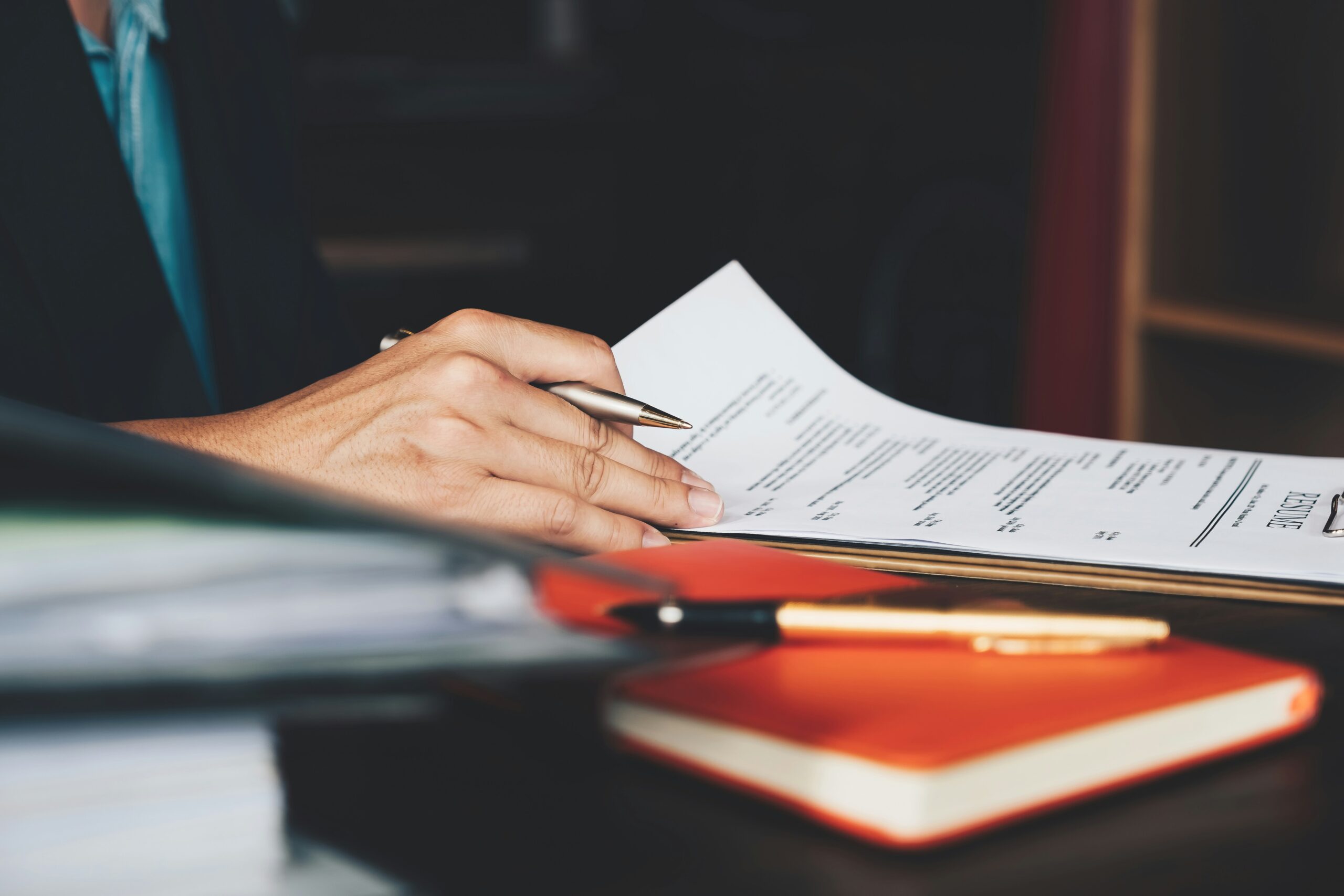Why Do We Procrastinate?
Procrastination isn’t just laziness—it’s often a response to feelings of overwhelm, fear of failure, or even perfectionism. A study by Dr. Piers Steel, a leading researcher on procrastination, suggests that 95% of people admit to procrastinating at some point (yes, even the most organized among us).
When procrastination is paired with distractions—be it your smartphone, background noise, or even a cluttered workspace—it’s easy to spiral into unproductivity. But understanding why we procrastinate can be the first step toward overcoming it.
Common Reasons for Procrastination
- Overwhelm: When tasks feel too big, it’s easier to avoid starting altogether.
- Perfectionism: The need to do something “perfectly” can stop us before we even begin.
- Instant Gratification: It’s tempting to choose Netflix or your favorite app over hard work.
- Lack of Deadlines: Without clear deadlines, it’s harder to stay motivated.
Actionable Hacks to Boost Productivity
Here are practical tips and actionable steps to help you conquer procrastination and stay focused, even when distractions try to pull you away.
1. Break Tasks Into Smaller Steps
Overwhelm is one of the biggest drivers of procrastination. Combat it by breaking your tasks into bite-sized goals. Instead of “write a research paper,” start with smaller goals like “create an outline” or “write the introduction.”
Why it works: Completing smaller tasks gives you a sense of accomplishment, which builds momentum.
2. Use the Pomodoro Technique
This time-management method is a crowd favorite. Work in focused 25-minute intervals, followed by a 5-minute break. After four cycles, take a longer break (15–30 minutes).
Pro Tip: Set your phone to “Do Not Disturb” during work intervals to prevent interruptions.
3. Declutter Your Workspace
An organized workspace leads to an organized mind. Get rid of any unnecessary items from your desk and keep only what you need for the task at hand.
Quick checklist for decluttering:
- Put away unrelated books or papers.
- Keep a water bottle nearby to stay hydrated.
- Add a touch of inspiration (like a motivational quote or plant).
4. Leverage Technology (Wisely)
While your devices can be a source of distraction, they can also be your greatest tools for productivity.
Try these tools:
| Tool | Purpose | Cost | Highly Recommended For |
|---|---|---|---|
| Todoist | Task and project management | Free + premium plans | Tracking small goals |
| Focus@Will | Background music for focus | Free trial available | Drowning distractions |
| RescueTime | Time-tracking and productivity | Free + premium plans | Identifying time-wasters |
| Forest | Stay off your phone (focus) | Small one-time fee | Beating smartphone addiction |
Why it works: The right tools can automate reminders, organize workloads, and eliminate wasted time.
5. Create a Distraction-Free Zone
When working from home or coffee shops, distractions like background noise or household chores can derail your focus.
Tips to minimize distractions:
- Wear noise-cancelling headphones.
- Communicate “focus hours” to family or roommates.
- Use apps like Freedom to block distracting sites temporarily.
6. Tap Into Your Peak Energy Times
Everyone has certain times of the day when they’re naturally more energized and focused. For many, it’s morning—but for others, it could be the afternoon or evening.
Pro Tip: Pay attention to your energy levels throughout the week to find your most productive hours. Use these times for your most challenging tasks.
How to Stay Consistent
It’s one thing to start being productive—it’s another to keep it up consistently. Here are a few bonus strategies to boost long-term success:
- Set SMART Goals (Specific, Measurable, Achievable, Relevant, Time-bound): This prevents vague tasks (“study chemistry”) and replaces them with clear steps (“review Chapter 3 for 20 minutes daily”).
- Reward Yourself: Positive reinforcement can keep you motivated. Treat yourself to a coffee or favorite snack after hitting milestones.
- Reflect on Progress: Weekly reflections help identify what works and what doesn’t so you can fine-tune your approach.
FAQ Section
Q1. Is procrastination a bad habit or a personality trait?
Procrastination is more of a behavior than a personality trait. It’s often tied to our emotions, environment, or lack of mindfulness. The good news? With consistent effort, it can be overcome.
Q2. How long does it take to break the procrastination habit?
Experts suggest it takes around 21–66 days to solidify new habits. Start small, remain consistent, and forgive yourself for occasional slip-ups.
Q3. Can procrastination ever be a good thing?
While chronic procrastination is usually unhelpful, deliberate procrastination (i.e., taking time to think before acting) can lead to better decision-making in some scenarios.
From Procrastinator to Productivity Pro
Overcoming procrastination isn’t about willpower—it’s about creating an environment and adopting habits that set you up for success. By breaking tasks into small steps, leveraging helpful tools, and removing distractions, you’ll gradually find focus and productivity becoming second nature.
There’s no “perfect” time to start. Begin now—even if it’s as simple as organizing your workspace or setting a single goal for the day. You’ve got this!




Leave a Reply